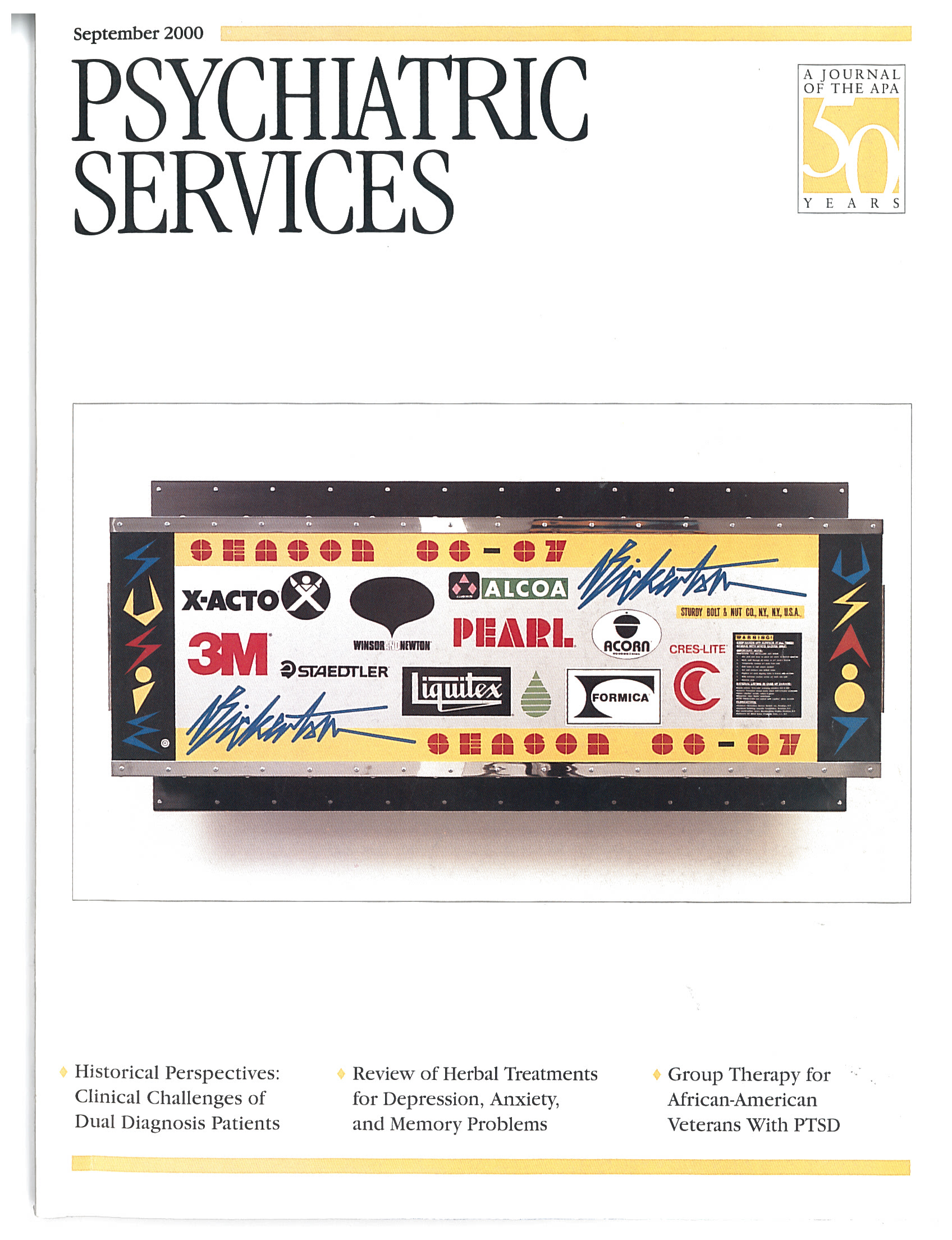Gender and Its Effects on Psychopathology
Because human beings come in two forms, because the two forms look, sound, and behave differently, and because they have different hormones coursing through their bloodstreams and differently labeled genes in the DNA of every body cell, it is no wonder that they also express sickness differently.
This book, edited by Ellen Frank, professor of psychiatry and psychology in the department of psychiatry at the University of Pittsburgh, is an attempt to summarize how psychiatric illness is expressed differently in the two sexes and why these differences exist. Inherent in documenting difference is the hope that new knowledge will lead to more effective treatment.
As in all multiauthored books, some chapters are better than others: some are more readable, and some are more informative. And, as in most multiauthored books, there is omission and repetition and a feeling at the end that stray threads need knotting.
Andrew Skodol's chapter enumerates all the possible risk factors for personality disorders and, in so doing, nicely summarizes known influences on all psychiatric disorders. He lists genes, childhood temperament, autonomic nervous system arousal and reactivity, neurotransmitters, brain structure, regional cerebral blood flow and glucose metabolism, head injury, birth complications, body size, hormones, cognitive functions, childhood problems, personality traits, family factors, peer influences, socioeconomic conditions, and living conditions. He could also add life events, relationships, and social and occupational roles. All these factors not only influence psychopathology but also are sexually dimorphic—in other words, different in women and men.
Ronald Kessler writes a very good chapter on gender differences in major depression. I had not realized that only the incidence of major depression is twice as common in women as in men. Neither recurrence rate, nor length of episode, nor severity of symptoms, nor treatment response distinguishes the two sexes. The chapter by Ellen Frank and Elizabeth Young on pubertal changes and adolescent challenges also taught me something I didn't realize: that the 2-to-1 female-to-male ratio for depression is established between ages ten and 15 and does not further increase with age. The chapter by Naomi Breslau and her colleagues on the role of anxiety, although somewhat difficult to read, highlighted the new-to-me fact that most depression is preceded by an anxiety syndrome.
The chapter by Heinz Hafner nicely integrates a discussion of his life's work on gender differences in schizophrenia with useful, but sometimes too-small, illustrative figures. The book also has chapters on anxiety and substance abuse, but none on eating disorders or other psychophysiological disorders that show gender disparities.
Gender and Its Effects on Psychopathologyis an excellent reference source. It explores possible etiologies of gender difference but stops short of examining in depth what such differences say about the nature of the disorders themselves, nor does it strongly suggest in what ways male-female difference can be capitalized on to provide maximally effective treatment.
Dr. Seeman is professor and Tapscott chair of schizophrenia studies in the department of psychiatry at the University of Toronto in Toronto, Ontario.



